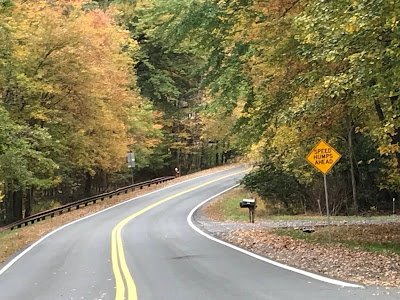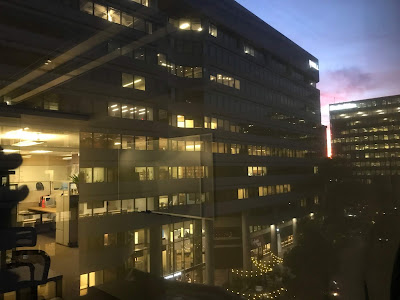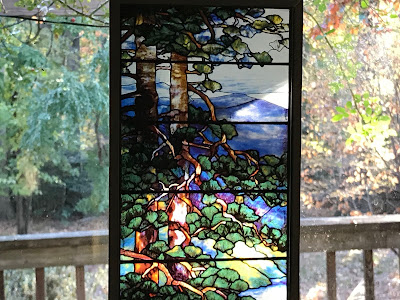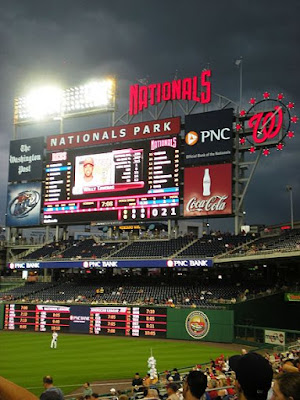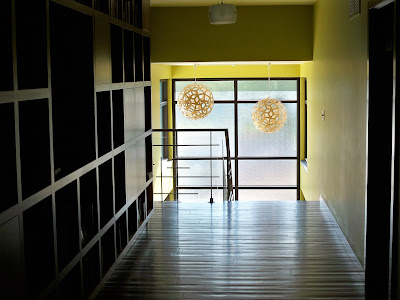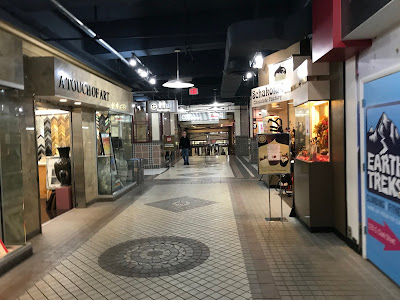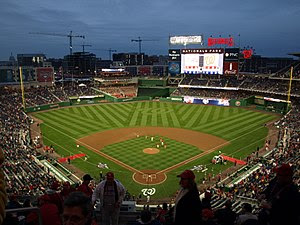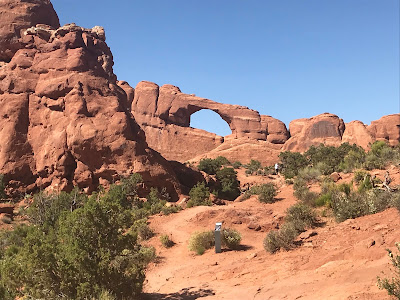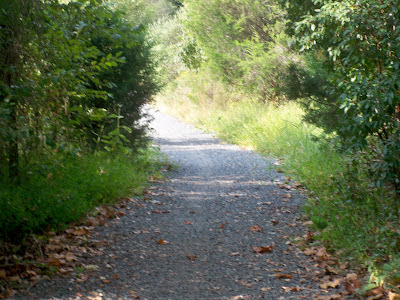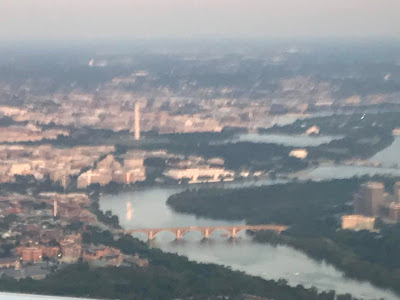Salvation in Place
In his essay “Seven Days in a Sea Creature Town” in the November issue of The Sun, Poe Ballantine names periods of his writing life. There was the Diligent Typing Period, the Terrible Imitation of Southern Gothic Period and the Drunken Daydreaming Period.
By the time he was writing this essay, he was in his Geographical Salvation Period, which he defines as a belief, common among Americans, that “finding the right place to live — someplace with a beautiful view, or nearby beaches, or casinos, or wonderful weather, or, in my case, an idyll straight out of a Normal Rockwell painting or pastoral boyhood story by Mark Twain — will solve the majority of your problems.”
Ah, I can relate. I had a “place thing” for a long time, probably still do, if you want to know the truth. One of the reasons I started this blog was to explore the concept of place in the suburbs, which can be covered fairly quickly if you listen to some folks.
One of the lessons I’ve learned here is that place is as place does. In walking we belong. And in belonging … we have place.
